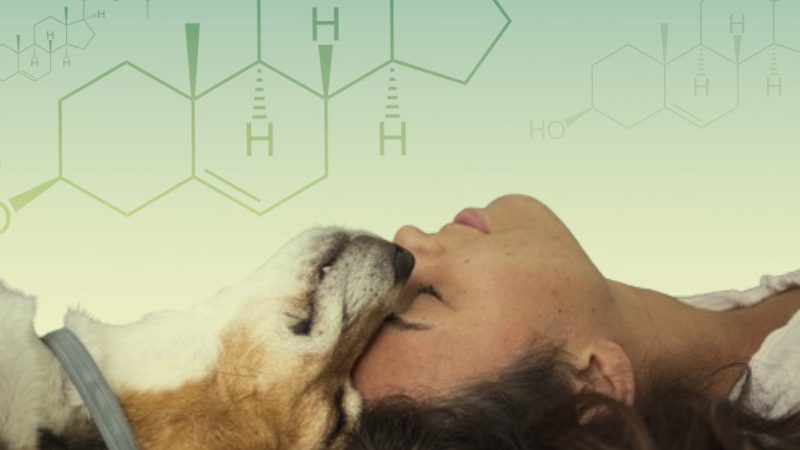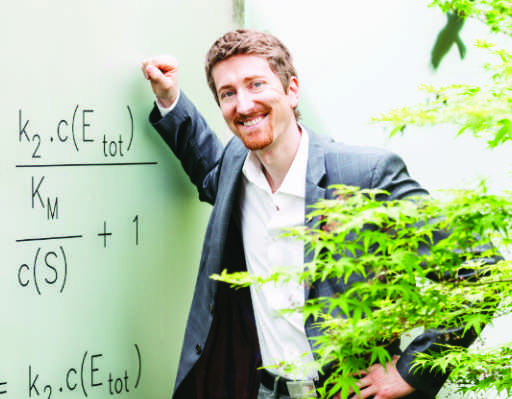Did you know that phytosterols are natural compounds exhibiting a variety of health benefits for humans and pets? There is concern of not getting enough phytosterols from the diet, since the body can’t produce it on its own, leading to elevated cholesterol levels, cardiovascular risks, limited protection against oxidative stress, and missed anti-inflammatory effects. acib offers microbial production of phytosterols in yeasts to consistently produce high amounts with both environmental and economic benefits.
Background
Phytosterols is a term for more than 250 steroid compounds originally derived from plants with a wide range of reported health benefits such as: antioxidants, anti-inflammatory, anti-diabetic, anti-atherosclerotic, chemo-preventive and many more with a rich history of safe consumption. As these compounds are not naturally synthesized in humans or pets, they have to be supplemented from diet, which can be enriched with phytosterols to allow for the associated health benefits. Phytosterols find their way into numerous products, from food ingredients to dietary supplements, driving a surge in demand. The industry is witnessing remarkable growth with a cumulative annual growth rate (CAGR) of 9.1% projected until 2031. Traditional plant sources face challenges, from low concentrations and ever-changing yields leading to lot-to-lot variations, over difficult purification steps leading to products contaminated with undesirable ingredients, and seasonal dependency, as well as agricultural limitations and supply-chain risks. Microbial-produced phytosterols would not only avoid these pitfalls but also offer natural phytosterols with a lower environmental impact (i.e., land use and water consumption), but also offer consistent quality and scalable, customized production pipelines.
Technology
acib features an industrial yeast strain (Komagataella phaffii aka Pichia pastoris), which has been modified to produce certain sterols more efficiently. This is an ideal platform for the generation of phytosterol producing yeasts. Our pre-studies have explored compounds such as campesterol, brassicasterol, β-sitosterol, stigmasterol, boasting anti-inflammatory and antioxidants features alongside the ability to reduce high cholesterol-levels. Since K. phaffii is able to grow rapidly (doubling times of ~2 hours) also in inexpensive media, to a very high cell density (> 100 g/L of dry cell weight), it represents the ideal host for industrial large-scale, sustainable production of natural phytosterols.
Offer
acib extends an exclusive opportunity to co-develop our phytosterol-producing yeast strains further, supported by upscaling assistance, if required. Intellectual property (IP) generated in this project seamlessly transfers to you, our investor/industrial partner. Take the lead in spearheading the future of sustainable and cost-effective phytosterol production with acib!

